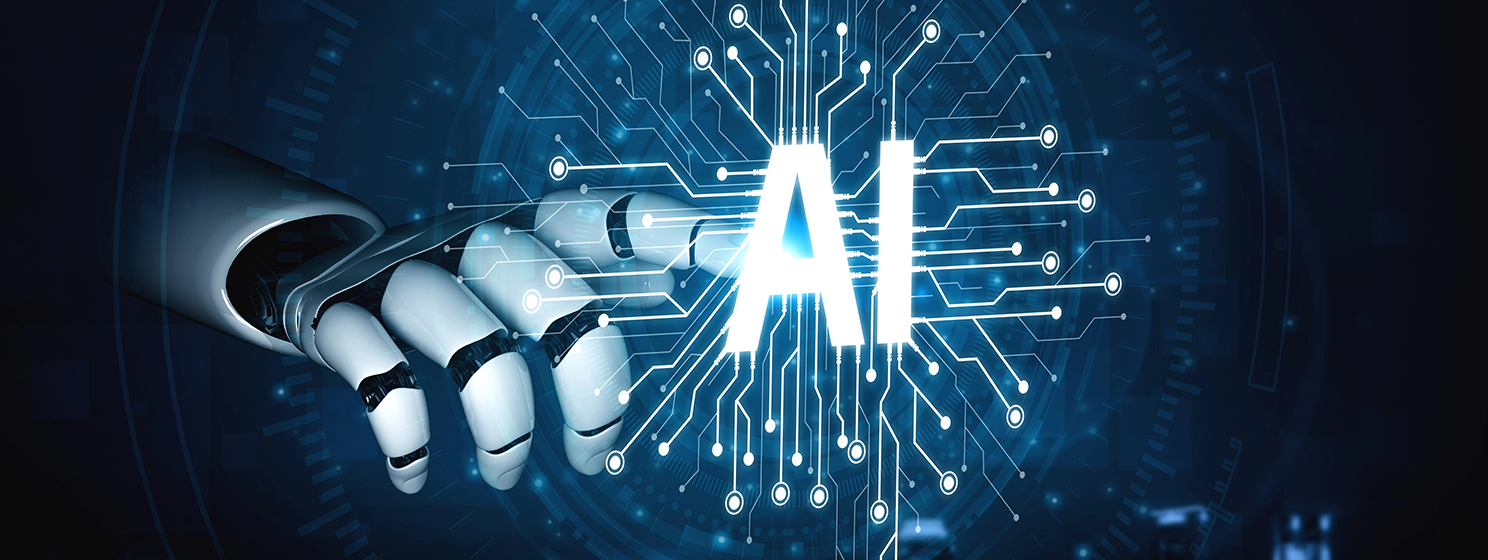|
Getting your Trinity Audio player ready...
|
In his recently released annual letter, Bill Gates provided insights and predictions about artificial intelligence’s (AI) role in shaping our future. Gates was quick to mention AI in the opening paragraphs of his letter, and the first two pages of his note are dedicated to AI.
“2023 marked the first time I used artificial intelligence for work and other serious reasons, not just to mess around and create parody song lyrics for my friends,” said Gates before going on to describe how he sees AI being used in the future and noting that “AI is about to supercharge the innovation pipeline.”
Gates draws a parallel between the nascent stage of AI and the early days of the internet. He recalls a time when the internet was a novelty, eventually becoming a ubiquitous part of our lives. He imagines a future where AI tools are integral to our daily lives, enhancing education, mental health services, and more.
But in his letter, Gates’ vision is not just about technological advancement; it also heavily focuses on how developments in AI can contribute positively to society. Gates mainly focuses on reducing global inequities, a consistent theme in his career and philanthropic efforts.
How AI aligns with Gates’ philanthropic endeavors
Gates believes that AI will accelerate innovation in various fields, particularly in medicine. This may be because the Gates Foundation is centered on leveraging AI for global health challenges, including drug discovery for diseases like AIDS, tuberculosis, and malaria in developing nations. He also shared several examples of how AI is being used to address some of these challenges, such as:
- Combating Antibiotic Resistance: In Ghana, AI tools are being developed to aid in prescribing antibiotics, aiming to tackle antimicrobial resistance.
- Personalized Education: Projects like Somanasi in Nairobi are exploring AI-powered, culturally-tailored education tools.
- Improving Maternal Health: AI is being used in India to assist health workers in managing high-risk pregnancies.
- HIV Risk Assessment: In South Africa, an AI-powered chatbot is being developed to provide stigma and discrimination-free HIV risk assessment.
It’s clear that Gates’ vision for AI is aligned and tailored to his philanthropic goals. His notion of integrating AI in various industries, ranging from healthcare to education, aligns with his commitment to making the world more equitable. Unlike the perspectives offered by many tech giants and their CEOs, Gates’ view on AI is not only about technological advancement but one that focuses on social and global improvement.
AI adoption timeline
Gates anticipates significant levels of AI use within the next 18 to 24 months in nations like the United States. In African countries, he sees a comparable level of AI integration in about three years, acknowledging the gap in technological access and adoption.
“If we make smart investments now, AI can make the world a more equitable place. It can reduce or even eliminate the lag time between when the rich world gets an innovation and when the poor world does,” Gates said.
The letter, titled “The road ahead reaches a turning point in 2024,” also addresses breakthroughs in malnutrition, climate, and upcoming elections in 2024.
In order for artificial intelligence (AI) to work right within the law and thrive in the face of growing challenges, it needs to integrate an enterprise blockchain system that ensures data input quality and ownership—allowing it to keep data safe while also guaranteeing the immutability of data. Check out CoinGeek’s coverage on this emerging tech to learn more why Enterprise blockchain will be the backbone of AI.
Watch: Demonstrating the potential of blockchain’s fusion with AI

 02-24-2026
02-24-2026 




